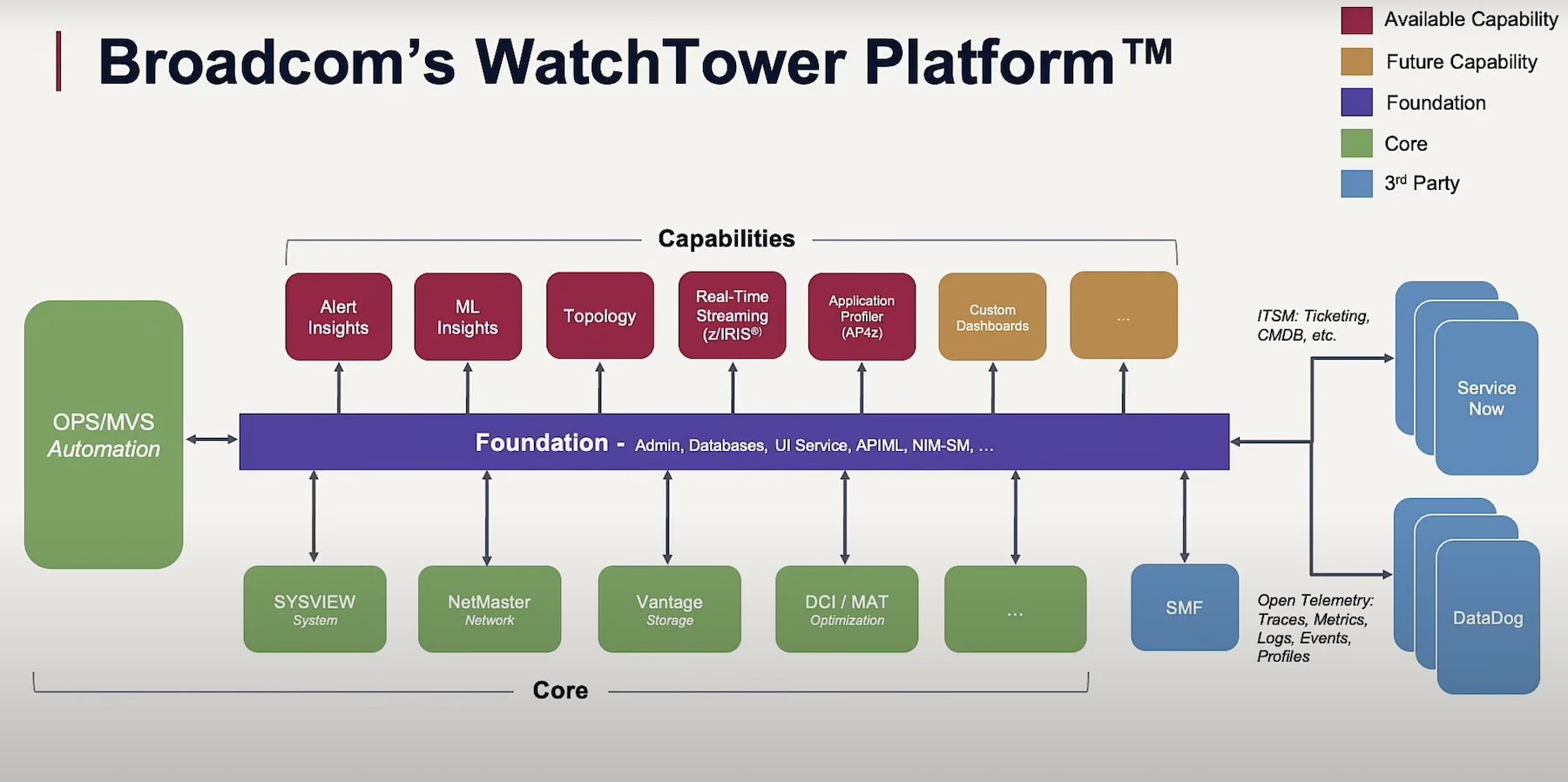You’ve probably used Broadcom chips in the past. You just don’t know it. That’s because most of the Internet traffic in the world touches a Broadcom chip at some point along the way. They run the backbone of network traffic for ISP, Cloud Providers, and Networking Vendors. When you talk about something like merchant silicon, they are the merchant that we talk about. They are the major supplier of chips to the networking world.
But what do they make? During Networking Field Day 22 earlier this year, the delegates and I got a chance to peek into the forges at Broadcom to understand a bit about what they’re doing. And how they segment their chipsets. It was fascinating to see how they break everything down.

Flying Tomahawk
The Tomahawk chipset (named for a cruise missile) is blazingly fast. It’s built to meet the needs of hyperscalers around the world. You need to deliver packets fast? Get a Tomahawk-based platform.
In the video, Ian Cox talks about the platform and how it solves challenges for people that need to move packets. Make no mistake: Tomahawk is a sports car. You’re not going to be able to do anything super complicated with the logic or making branching decisions about packet forwarding. No, this platform will zip your frames as fast as it can. And for the target audience, that’s the perfect scale they need.
Sticky Tridents
The feature-rich switching platform from Broadcom is the Trident series. If Tomahawk is the sports car, Trident is the utility vehicle. It’s designed to bring more tools to the table. Trident has all the bells and whistles you could want in a platform. It’s built to show off how you can integrate things like security and telemetry deep into the chip to expand the capabilities of the underlying system.
Trident is solving a problem of a different scale than Tomahawk. Whereas the latter is designed to do things fast and not take any other pieces of the equation into consideration, the former is built to let programmers take advantage of services. You can create all kinds of interesting add-ons via the Broadcom SDK and deploy them to use the tools found in the Trident platform. This means you can create your own value-added solutions under the hood and build on things that are inherent to the lowest layer of the silicon.
The Routes of Jericho
Let’s say you’ve got a different problem. You don’t need super fast speeds or extra tools. You work in an ISP and you just need to move packets across your network, but you need to do it with routing instead of switching. How can Broadcom help you out there?
The newest platform, Jericho, was designed for just that situation. Jericho is a platform built to scale out, not up. It has the buffering capabilities to ensure packet delivery even when there are outages and other crazy things going on in your network. Jericho is powering some very interesting projects out there, including Arrcus, who I have written about before. They’re taking that platform and offering it as a new way of doing packet routing for a variety of providers.
Tipping the Scales
With all three of these platforms, you’re seeing how Broadcom realizes that the markets they sell into are not homogenous. Hyperscalers look vastly different from ISPs. Cloud providers don’t need raw speed as much as they need extensibility. Routing and switching happen everywhere but different groups focus on them in their own way.
Broadcom has realized that the solution to this problem isn’t to build something that tries to do everything and does it all poorly. I think of that solution a lot like the Chevrolet El Camino. It’s not a car and not a truck. It does some things okay and other things poorly. But, other than looking odd, it doesn’t do any one thing well.
Car development has moved on since the El Camino because designers and manufacturers have realized that customers want something that works very well for their specific needs. Maybe they want a sports car or a utility vehicle or a delivery truck. That’s why Broadcom specializes their platforms. They meet problems at a different scale than just one-size-fits-all.
Bringing It All Together
Unless you’re building your own platform, you’re not likely to go buy chips from Broadcom. But the companies you buy things from are. Because Broadcom is a big supplier of the vendors out there, you can rest assured that the companies you are doing business with to get your chips are doing so with your best interests in mind. You don’t have to worry about a basic, multipurpose engine running your network. Instead, you have a highly scalable chip humming inside that switch or router. It’s the tale that needs to be told to everyone to understand why Broadcom is so dominant in the chip market.




